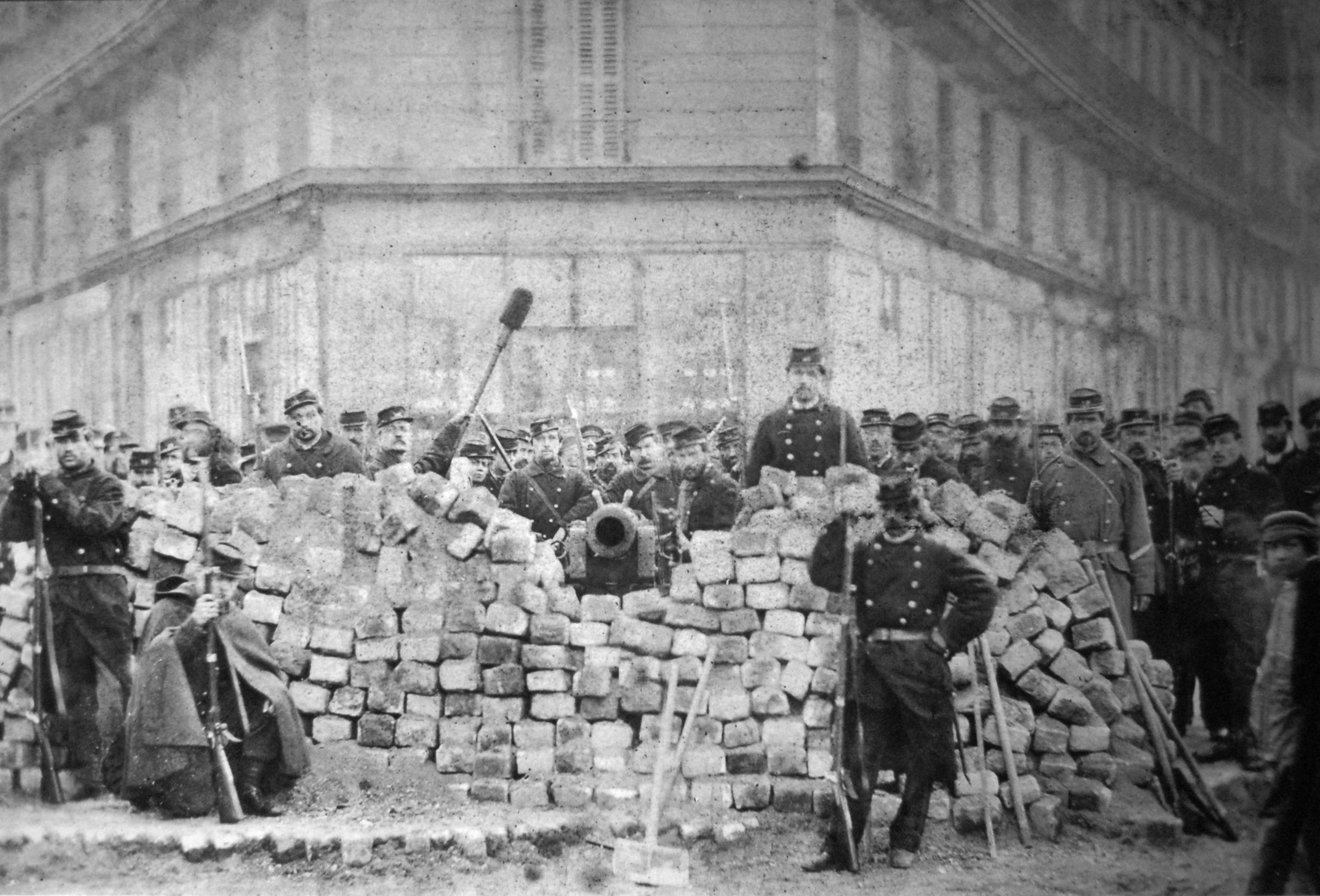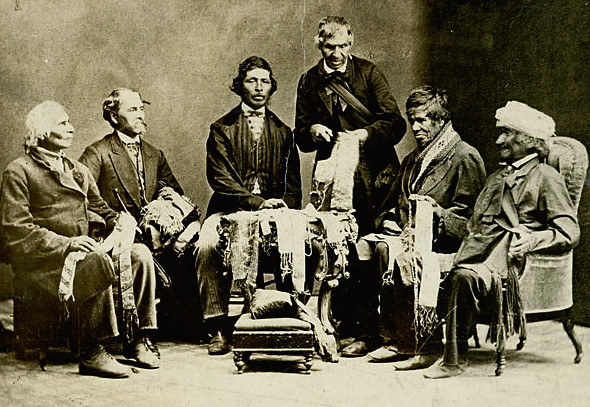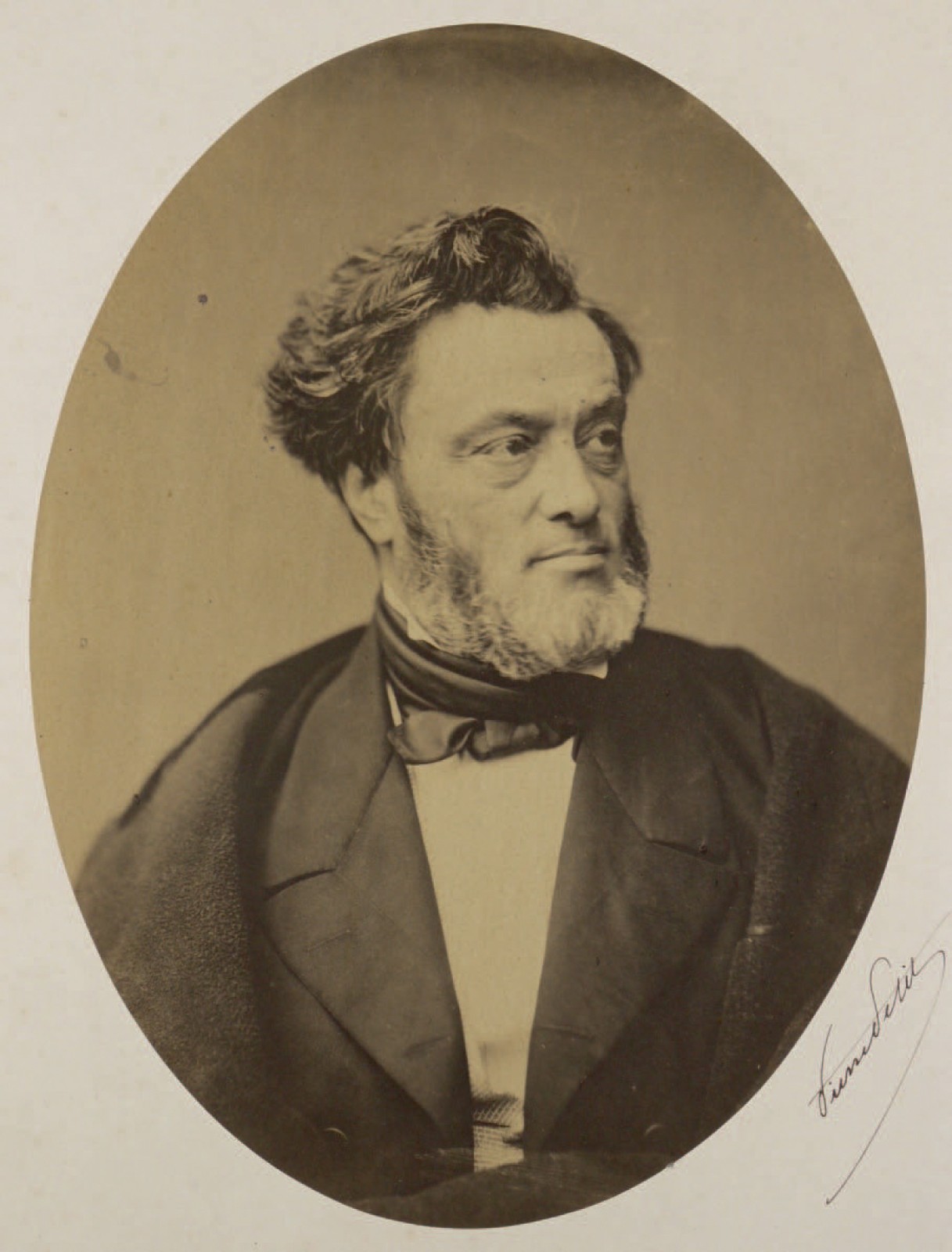|
Communards
The Communards () were members and supporters of the short-lived 1871 Paris Commune formed in the wake of the French defeat in the Franco-Prussian War. After the suppression of the Commune by the French Army in May 1871, 43,000 Communards were taken prisoner, and 6,500 to 7,500 fled abroad. Milza, 2009a, pp. 431–432 The number of Communard soldiers killed in combat or executed afterwards during the week has long been disputed: Prosper-Olivier Lissagaray put the number at twenty thousand, but estimates by more recent historians put the probable number between ten and fifteen thousand men. 7,500 were jailed or deported under arrangements which continued until a general amnesty during the 1880s; this action by Adolphe Thiers forestalled the proto-communist movement in the French Third Republic (1871–1940). The Franco-Prussian War and the Paris Commune The working class of Paris were feeling ostracized after the decadence of the Second French Empire, Second Empire and th ... [...More Info...] [...Related Items...] OR: [Wikipedia] [Google] [Baidu] |
Paris Commune
The Paris Commune (french: Commune de Paris, ) was a revolutionary government that seized power in Paris, the capital of France, from 18 March to 28 May 1871. During the Franco-Prussian War of 1870–71, the French National Guard had defended Paris, and working-class radicalism grew among its soldiers. Following the establishment of the Third Republic in September 1870 (under French chief executive Adolphe Thiers from February 1871) and the complete defeat of the French Army by the Germans by March 1871, soldiers of the National Guard seized control of the city on March 18. They killed two French army generals and refused to accept the authority of the Third Republic, instead attempting to establish an independent government. The Commune governed Paris for two months, establishing policies that tended toward a progressive, anti-religious system of social democracy, including the separation of church and state, self-policing, the remission of rent, the abolition of chil ... [...More Info...] [...Related Items...] OR: [Wikipedia] [Google] [Baidu] |
Semaine Sanglante
The ''semaine sanglante'' ("") was a weeklong battle in Paris from 21 to 28 May 1871, during which the French Army recaptured the city from the Paris Commune. This was the final battle of the Paris Commune. Following the Treaty of Frankfurt and France's loss in the Franco-Prussian War, on March 18 the new French government under Prime Minister Adolphe Thiers attempted to remove a large number of cannon from a park in Montmartre, to keep them out of the hands of the more radical soldiers of the Paris National Guard. In the confrontation that followed, two French generals were seized and executed by the National Guard. Thiers, the army commander Patrice MacMahon and the French government hurriedly left the city, and established their headquarters in Versailles, and prepared plans to recapture the city. The Paris Commune made an unsuccessful attack on Versailles under the leadership of Louis Charles Delescluze. Between May 8 and May 20, French forces had retaken the territory ... [...More Info...] [...Related Items...] OR: [Wikipedia] [Google] [Baidu] |
New Caledonia
) , anthem = "" , image_map = New Caledonia on the globe (small islands magnified) (Polynesia centered).svg , map_alt = Location of New Caledonia , map_caption = Location of New Caledonia , mapsize = 290px , subdivision_type = Sovereign state , subdivision_name = , established_title = Annexed by France , established_date = 24 September 1853 , established_title2 = Overseas territory , established_date2 = 1946 , established_title3 = Nouméa Accord , established_date3 = 5 May 1998 , official_languages = French , regional_languages = , capital = Nouméa , coordinates = , largest_city = capital , demonym = New Caledonian , government_type = Devolved parliamentary dependency , leader_title1 = President of France , leader_name1 = Emmanuel Macron , leader_title2 = President of the Government , leader_name2 = Louis Mapou , leader_title3 = President of the Congress , leader_name3 = Roch Wamytan , leader_title4 = High Commissioner , leader_name4 = Patr ... [...More Info...] [...Related Items...] OR: [Wikipedia] [Google] [Baidu] |
Adolphe Thiers
Marie Joseph Louis Adolphe Thiers ( , ; 15 April 17973 September 1877) was a French statesman and historian. He was the second elected President of France and first President of the French Third Republic. Thiers was a key figure in the July Revolution of 1830, which overthrew King Charles X in favor of the more liberal King Louis Philippe, and the French Revolution of 1848, which overthrew the Orléans monarchy and established the Second French Republic. He served as a prime minister in 1836 and 1840, dedicated the Arc de Triomphe, and arranged the return to France of the remains of Napoleon from Saint-Helena. He was first a supporter, then a vocal opponent of Louis-Napoléon Bonaparte (who served from 1848 to 1852 as President of the Second Republic and then reigned as Emperor Napoleon III from 1852 to 1871). When Napoleon III seized power, Thiers was arrested and briefly expelled from France. He then returned and became an opponent of the government. Following the defeat ... [...More Info...] [...Related Items...] OR: [Wikipedia] [Google] [Baidu] |
Proto-communist
While Karl Marx and Friedrich Engels defined communism as a political movement, there were already similar ideas in the past which one could call communist experiments. Marx himself saw primitive communism as the original hunter-gatherer state of humankind. Marx theorized that only after humanity was capable of producing surplus did private property develop. Pre-history Karl Marx and other early communist theorists believed that hunter-gatherer societies as were found in the Paleolithic through to Agrarian society, horticultural societies as found in the Chalcolithic were essentially egalitarian and he, therefore, termed their ideology to be primitive communism. Since Marx, sociologists and archaeologists have developed the idea of and research on primitive communism. According to Harry W. Laidler, one of the first writers to espouse a belief in the primitive communism of the past was the Ancient Rome, Roman Stoicism, Stoic philosopher Seneca the Younger, Seneca who stated, "H ... [...More Info...] [...Related Items...] OR: [Wikipedia] [Google] [Baidu] |
Otto Von Bismarck
Otto, Prince of Bismarck, Count of Bismarck-Schönhausen, Duke of Lauenburg (, ; 1 April 1815 – 30 July 1898), born Otto Eduard Leopold von Bismarck, was a conservative German statesman and diplomat. From his origins in the upper class of Junker landowners, Bismarck rose rapidly in Prussian politics, and from 1862 to 1890 he was the minister president and foreign minister of Prussia. Before his rise to the executive, he was the Prussian ambassador to Russia and France and served in both houses of the Prussian Parliament. He masterminded the unification of Germany in 1871 and served as the first Chancellor of the German Empire until 1890, in which capacity he dominated European affairs. He had served as the chancellor of the North German Confederation from 1867 to 1871, alongside his responsibilities in the Kingdom of Prussia. He cooperated with King Wilhelm I of Prussia to unify the various German states, a partnership that would last for the rest of Wilhelm's life. The ... [...More Info...] [...Related Items...] OR: [Wikipedia] [Google] [Baidu] |
Jules Favre
Jules Claude Gabriel Favre (21 March 1809 – 20 January 1880) was a French statesman and lawyer. After the establishment of the Third Republic in September 1870, he became one of the leaders of the Opportunist Republicans in the National Assembly. Early years He was born in Lyon, and began his career as a lawyer. From the time of the Revolution of 1830, he openly declared himself a republican, and in political trials he took the opportunity to express this opinion. After the Revolution of 1848 he was elected deputy for Lyon to the Constituent Assembly, where he sat among the Moderate Republicans, voting against the socialists. When Louis Napoleon was elected President of France, Favre openly opposed him, and on 2 December 1851 he tried with Victor Hugo and others to organize armed resistance in the streets of Paris. After the ''coup d'état'', he withdrew from politics, returned to the legal profession, and distinguished himself by his defence of Felice Orsini, the perpe ... [...More Info...] [...Related Items...] OR: [Wikipedia] [Google] [Baidu] |
Versailles, Yvelines
Versailles () is a commune in the department of the Yvelines, Île-de-France, renowned worldwide for the Château de Versailles and the gardens of Versailles, designated UNESCO World Heritage Sites. Located in the western suburbs of the French capital, from the centre of Paris, Versailles is a wealthy suburb of Paris with a service-based economy and is a major tourist destination. According to the 2017 census, the population of the city is 85,862 inhabitants, down from a peak of 94,145 in 1975.Population en historique depuis 1968 INSEE A founded at the will of King |
Atheism
Atheism, in the broadest sense, is an absence of belief in the existence of deities. Less broadly, atheism is a rejection of the belief that any deities exist. In an even narrower sense, atheism is specifically the position that there no deities. Atheism is contrasted with theism, which in its most general form is the belief that at least one deity exists. The first individuals to identify themselves as atheists lived in the 18th century during the Age of Enlightenment. The French Revolution, noted for its "unprecedented atheism", witnessed the first significant political movement in history to advocate for the supremacy of human reason.Extract of page 22 In 1967, Albania declared itself the first official atheist coun ... [...More Info...] [...Related Items...] OR: [Wikipedia] [Google] [Baidu] |
Barricade Voltaire Lenoir Commune Paris 1871
Barricade (from the French ''barrique'' - 'barrel') is any object or structure that creates a barrier or obstacle to control, block passage or force the flow of traffic in the desired direction. Adopted as a military term, a barricade denotes any improvised field fortification, such as on city streets during urban warfare. Barricades also include temporary traffic barricades designed with the goal of dissuading passage into a protected or risk, hazardous area or large slabs of cement whose goal is to prevent forcible passage by a vehicle. Stripes on barricades and panel devices slope downward in the direction traffic must travel. There are also pedestrian barricades - sometimes called bike rack barricades for their resemblance to a now obsolete form of bicycle stand, or police barriers. They originated in France approximately 50 years ago and are now produced around the world. They were first produced in the U.S. 40 years ago by Friedrichs Mfg for New Orleans's Mardi Gras ... [...More Info...] [...Related Items...] OR: [Wikipedia] [Google] [Baidu] |
Socialist
Socialism is a left-wing economic philosophy and movement encompassing a range of economic systems characterized by the dominance of social ownership of the means of production as opposed to private ownership. As a term, it describes the economic, political and social theories and movements associated with the implementation of such systems. Social ownership can be state/public, community, collective, cooperative, or employee. While no single definition encapsulates the many types of socialism, social ownership is the one common element. Different types of socialism vary based on the role of markets and planning in resource allocation, on the structure of management in organizations, and from below or from above approaches, with some socialists favouring a party, state, or technocratic-driven approach. Socialists disagree on whether government, particularly existing government, is the correct vehicle for change. Socialist systems are divided into non-market and mar ... [...More Info...] [...Related Items...] OR: [Wikipedia] [Google] [Baidu] |
Kanak People
The Kanak (French language, French spelling until 1984: Canaque) are the Indigenous peoples of Oceania, indigenous Melanesians, Melanesian inhabitants of New Caledonia, an overseas collectivity of France in the southwest Pacific Ocean, Pacific. According to the 2019 census, the Kanak make up 41.2% of New Caledonia's total population — corresponding to around 112,000 people. The Kanak population is traditionally contrasted with two other groups of European descent: (1) the Caldoche, who were born in New Caledonia; and (2) the Zoreilles, Zoreille, who live in the territory yet were born in metropolitan France. The earliest traces of human settlement in New Caledonia go back to Lapita culture, about 3000 Before Present, BP, i.e. 11th century BC, 1000 BCE. In addition, Polynesian navigation, Polynesian seafarers have intermarried with the Kanaks over the last centuries. New Caledonia was annexed to France in 1853, and became an overseas territory (France), overseas territory ... [...More Info...] [...Related Items...] OR: [Wikipedia] [Google] [Baidu] |

.jpg)





.jpg)
